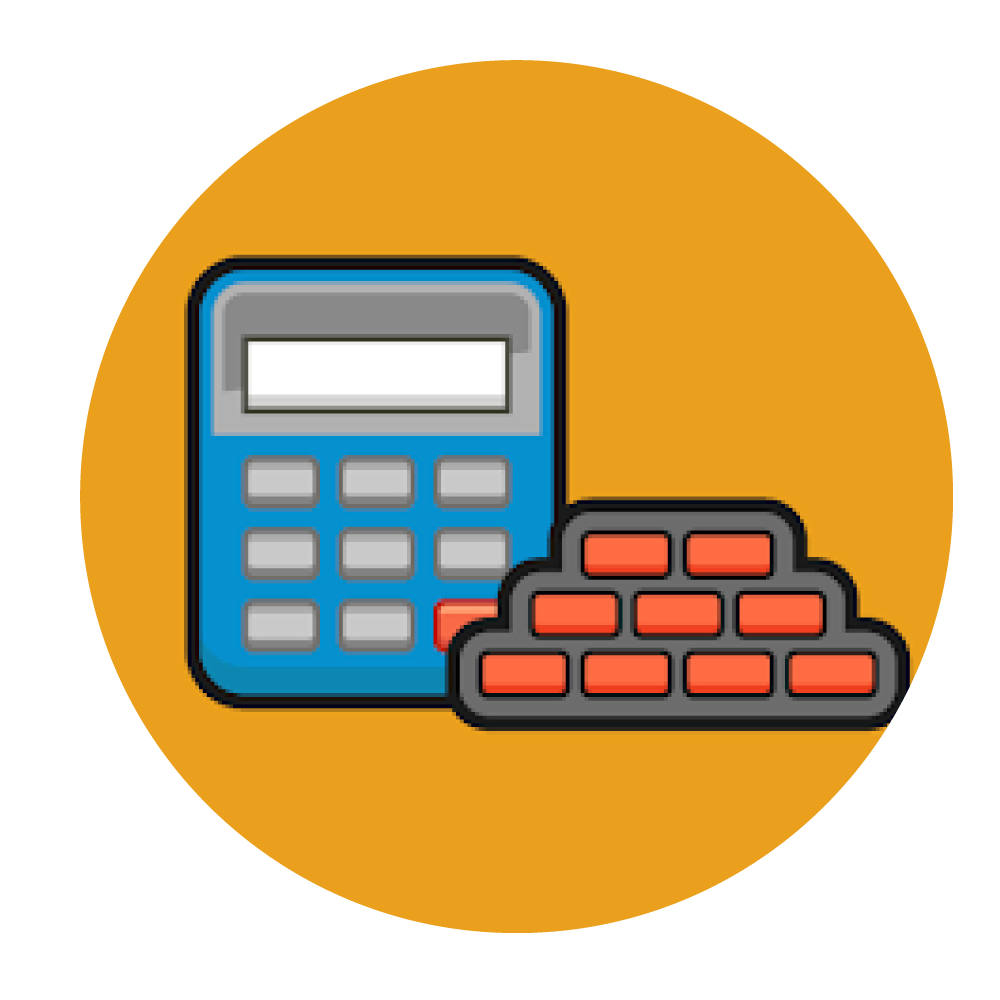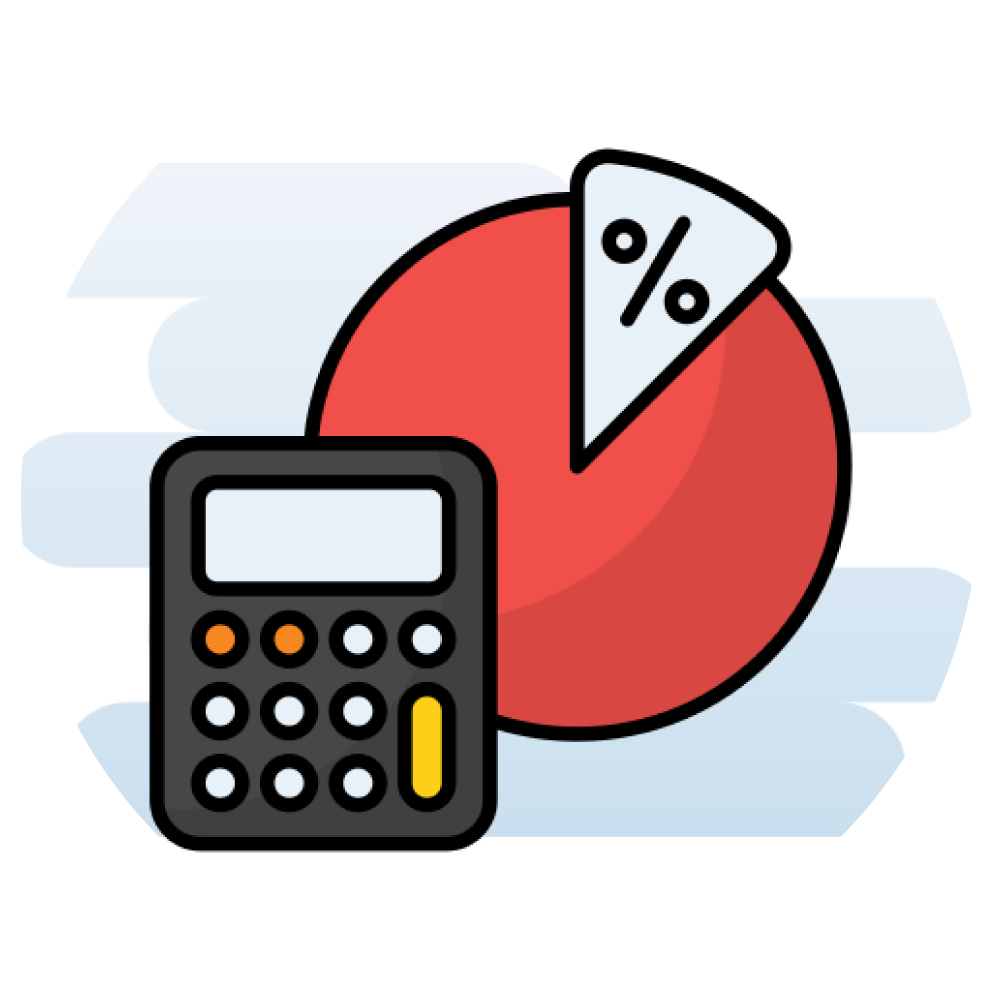Regular Calculator Online
The Comprehensive Guide to Using an Online Calculator: Benefits and Practical Applications
In an increasingly digital age, online calculators have become indispensable tools for a wide array of users. From students to professionals, the convenience and efficiency offered by these tools are unmatched. This guide will cover how to use an online calculator, its benefits, and practical applications. Additionally, we’ll discuss how to build one using HTML, CSS, and JavaScript, ensuring your calculator stands out in search engine results.
Understanding Online Calculators
An online calculator is a web-based tool that allows users to perform mathematical operations directly from their browsers. These calculators range from basic models, performing simple arithmetic, to advanced versions that handle complex scientific calculations. For the purpose of this article, we will focus on the regular calculator, which covers fundamental arithmetic operations like addition, subtraction, multiplication, and division.
How to Use an Online Calculator
Using an online calculator is straightforward. Here are the steps to follow:
- Access the Calculator: Open your web browser and navigate to the URL hosting the calculator.
- Input Numbers: Click on the numerical buttons to enter the numbers you wish to calculate.
- Select Operation: Choose the arithmetic operation (addition, subtraction, multiplication, division) by clicking the corresponding button.
- Get the Result: Press the equals (=) button to display the result of the calculation on the screen.
- Clear Entry: If you need to start over, use the ‘AC’ (All Clear) button to reset the display.
Benefits of Using an Online Calculator
- Convenience: Online calculators are accessible from any device with internet connectivity. There’s no need to carry a physical calculator.
- Ease of Use: The intuitive interface makes it simple for anyone to perform calculations without prior training.
- Efficiency: Quickly perform calculations, saving time compared to manual computations.
- Environmentally Friendly: Reduces the need for physical calculators, contributing to less electronic waste.
- Cost-effective: Most online calculators are free to use, eliminating the cost of purchasing a physical calculator.
Practical Applications of Online Calculators
- Education: Students use online calculators for homework, exams, and studying.
- Finance: Professionals in finance use them for quick calculations involving percentages, interest rates, and financial planning.
- Daily Life: Everyday tasks such as budgeting, cooking, and shopping can benefit from quick calculations.
- Workplace: Employees across various industries use online calculators for data analysis, reporting, and decision-making.




